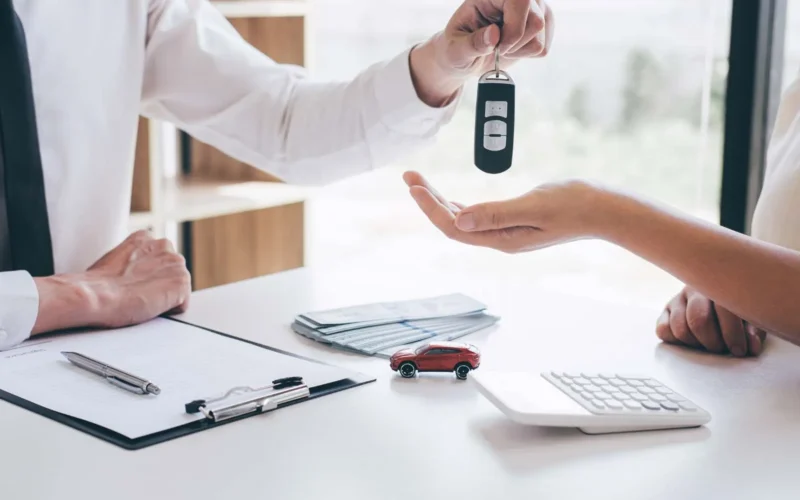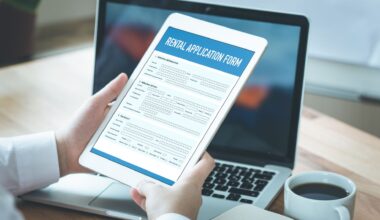Owning a car can be essential for daily life, whether it’s commuting to work or running errands. However, for those with a low income, buying a vehicle may seem out of reach. Fortunately, there are several options available to help low-income individuals get access to affordable or even free cars. This guide will walk you through various programs, financing options, and tips to help you get a car without breaking the bank.
Government Assistance Programs for Low-Income Car Buyers
1. Federal and State Programs Several government assistance programs help low-income individuals with essential expenses, including transportation. Some programs provide financial aid that can be used to purchase a car, while others offer specific grants or vouchers for vehicle acquisition.
- Temporary Assistance for Needy Families (TANF): This federal program helps low-income families with children. Some states allow the funds from TANF to be used for car purchases or maintenance, which can help you afford transportation if you’re eligible.
- State-Specific Programs: Certain states have their own transportation assistance programs that provide grants or low-cost loans to low-income families for purchasing a car. Contact your local Department of Social Services to find out what is available in your area.
How to Apply:
- Research the specific eligibility criteria for federal or state programs.
- Gather required documentation, such as proof of income, identification, and details about your financial need.
- Submit an application through the appropriate agency.
Non-Profit and Charity Car Donation Programs
2. Non-Profit Organizations Several non-profit organizations offer car donation programs for individuals and families in need. These organizations either donate used cars directly or help arrange financing options.
- 1-800-Charity Cars: This organization helps low-income families get free donated vehicles. The application process involves submitting your information and needs, and then the organization matches eligible applicants with donated cars.
- Goodwill’s Wheels for Work: This program helps low-income workers gain access to cars so they can maintain employment and self-sufficiency.
Eligibility Requirements: Eligibility typically requires proof of low income, identification, and sometimes a recommendation from a social worker or community organization. Each program has its own criteria, so check the specific requirements before applying.
How to Apply:
- Visit the website of the organization you’re interested in.
- Submit an application along with the required documentation.
- Wait for the approval process, which can take a few weeks.
Affordable Financing Options for Low-Income Buyers
3. Low-Income Auto Loan Programs Even with a limited income, some financial institutions and lenders offer special loans with lower interest rates for those in need.
- Credit Unions and Community Banks: Many local credit unions and smaller banks offer affordable auto loan programs for individuals with low or moderate income. These institutions often have lower interest rates and more flexible terms compared to larger commercial banks.
- Government-Backed Auto Loans: In some cases, low-income individuals may qualify for government-backed loans designed to make transportation affordable.
Buy Here, Pay Here Dealerships: For those with poor credit or no credit, Buy Here, Pay Here dealerships offer in-house financing. These dealerships allow you to make payments directly to the dealership rather than using an external lender. However, the interest rates may be high, so it’s essential to review the terms carefully before committing.
Tips for Applying:
- Research lenders and their offerings for low-income buyers.
- Compare interest rates, down payments, and repayment terms.
- Ensure you have the necessary documentation, such as proof of income, identification, and credit history.
Lease-to-Own Car Programs
4. Lease-to-Own Options For those who can’t afford the upfront cost of a car, lease-to-own programs provide an alternative way to gain ownership of a vehicle over time. These programs allow you to lease a car for a set period, and once the term is completed, you own the car.
- Wheels for Work and Similar Programs: These types of programs are specifically designed for individuals who need transportation to maintain employment. The terms usually include affordable monthly payments that go towards vehicle ownership.
How to Find These Programs:
- Check with local non-profits, credit unions, or dealerships.
- Research state and local government transportation assistance programs.
Finding Private Car Donors and Crowdfunding
5. Crowdfunding and Community Support If traditional options don’t work, consider reaching out to your community or starting a crowdfunding campaign. Platforms like GoFundMe allow you to tell your story and ask for donations to help fund a car purchase.
- Leverage Social Networks: Share your situation with friends, family, and community members to see if anyone knows of a car donation or a private donor willing to help.
- Local Community Resources: Churches, shelters, and local community organizations may have programs that provide free cars to low-income families.
How to Start:
- Set up a crowdfunding page on platforms like GoFundMe or Kickstarter.
- Share your campaign on social media and within your local community to spread awareness.
Free Car Listings and Auctions
6. Free and Low-Cost Car Listings Sometimes, people are willing to give away cars for free or at a very low cost. You can find such offers in online listings or through auctions.
- Craigslist: In the “free” section of Craigslist, you may find individuals giving away cars. While these vehicles may need repairs, they can still provide affordable transportation.
- Government and Police Auctions: Many government agencies and police departments sell used cars at a fraction of their market value through auctions. These cars may have been seized, abandoned, or retired from service.
How to Find Auctions:
- Search for local government or police auctions online.
- Attend in-person or online auctions to find low-cost vehicles.
Frequently Asked Questions (FAQs)
Q1: Can I get a car with no money down and low income? Yes, some dealerships and programs offer no-money-down options, particularly for those with low income. However, it’s crucial to review the loan terms carefully to avoid high interest rates.
Q2: What documents do I need to apply for a free car? Common documents include proof of income, identification, proof of residency, and, in some cases, a letter of recommendation from a social worker or community organization.
Q3: How long does it take to get approved for a donated vehicle? The approval process can vary depending on the organization. It usually takes a few weeks to a few months, depending on vehicle availability and program demand.
Q4: Can I apply for multiple car donation programs? Yes, you can apply to several programs simultaneously. Just make sure to review each program’s eligibility requirements and conditions.
Conclusion
Getting a car with low income may seem difficult, but there are many options available. By exploring government programs, non-profits, affordable financing, and even private donors, you can find a solution that fits your financial situation. Be sure to research thoroughly and apply to multiple programs to increase your chances of success. With persistence and resourcefulness, getting a car is possible, even on a limited budget.






